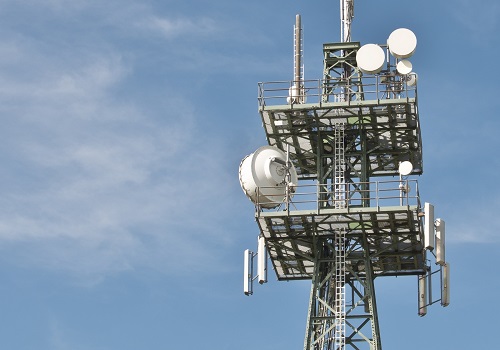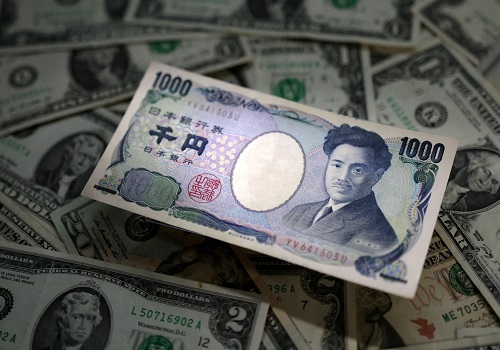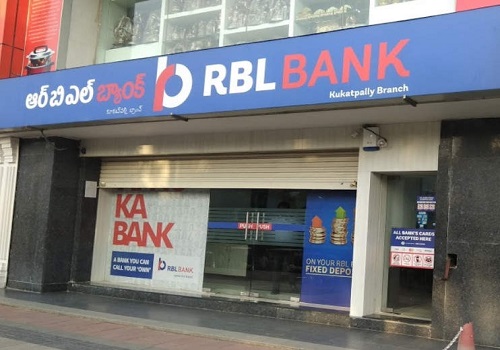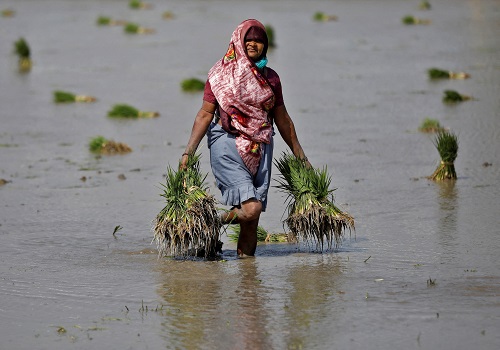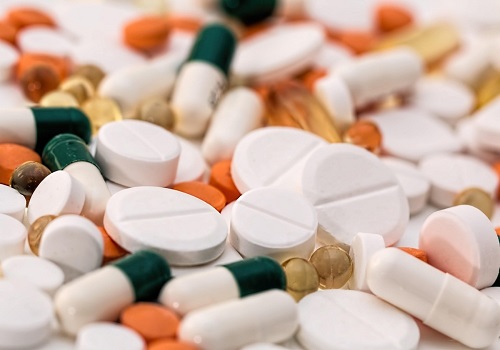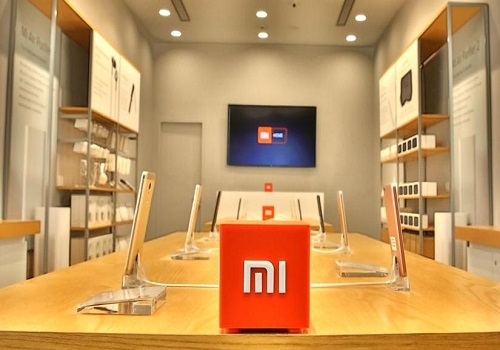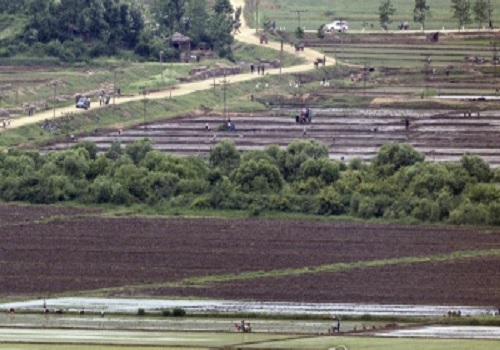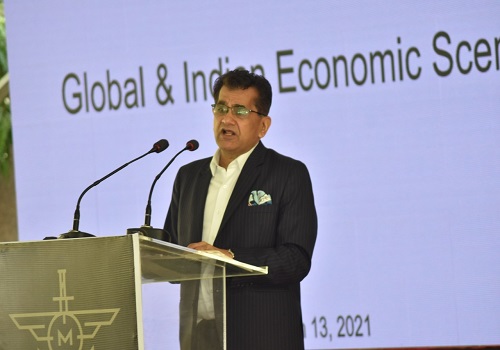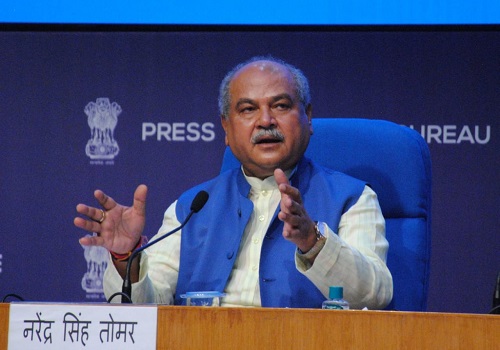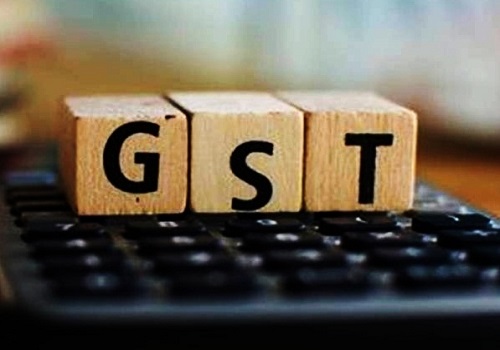Indian rupee hits nine-month low on growth worries; bonds await buyback results
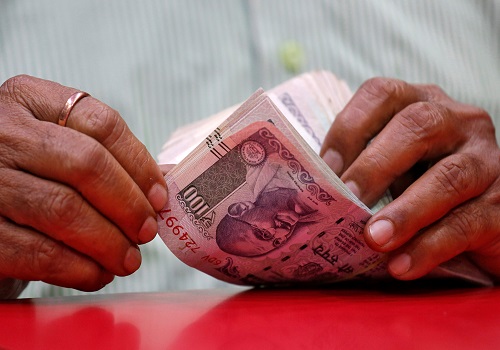
Follow us Now on Telegram ! Get daily 10 - 12 important updates on Business, Finance and Investment. Join our Telegram Channel
MUMBAI - The Indian rupee weakened to a nine-month low on Thursday while the benchmark 10-year bond yield rose, on mounting concerns that further stringent lockdowns to curb COVID-19 cases could impact economic growth and fuel inflation.
India reported a record 200,000 new COVID-19 cases on Thursday and the financial hub of Mumbai entered a lockdown, as many hospitals treating coronavirus patients reported severe shortages of beds and oxygen supplies.
The partially convertible rupee was at 75.14/15 per dollar, as of 0710 GMT, after touching 75.32, its lowest since July 15 last year. The rupee had ended at 75.06 on Monday.
Forex and debt markets in India were closed on Tuesday and Wednesday for local festivals.
"The rupee is weakening as there are growth concerns emerging yet again with major cities getting locked down, but we did see some buying by state banks, possibly on behalf of the central bank," a senior trader at a private bank said.
HDFC Bank said it expected the rupee to trade in a range of 75-75.50 in the near-term on concerns over surging domestic COVID-19 cases and its economic impact.
Traders are also closely monitoring the results of the Reserve Bank of India's (RBI) first 250 billion rupees tranche of G-SAP, or government securities acquisition programme, under which it has committed to purchasing a total 1 trillion rupees worth of government papers during the April-June quarter.
The announcement of this programme has also been a key reason for the rupee's sharp fall in recent days as the RBI would in effect be printing more currency to buy these bonds.
The benchmark 10-year bond yield was at 6.04%, up 3 basis points from its previous close after March inflation data, but traders expect yields to fall depending on the cut-offs set by the RBI at the G-SAP auction.
India's retail inflation accelerated to a four-month high of 5.52% in March on higher food and transport costs amid rising coronavirus infection numbers and fears of a surge in some commodity prices due to lockdowns in some states.
"We expect a loss of sequential momentum in Q2 2021, even though we expect the medium-term growth upcycle to remain intact due to ongoing vaccinations, the lagged impact of easy financial conditions, frontloaded fiscal activism and strong global growth," Nomura economists wrote in a note.
Nomura now expects India's 2021/22 growth at 12.6%, compared with its earlier prediction of 13.5% but still higher than the RBI's 10.5% projection.













